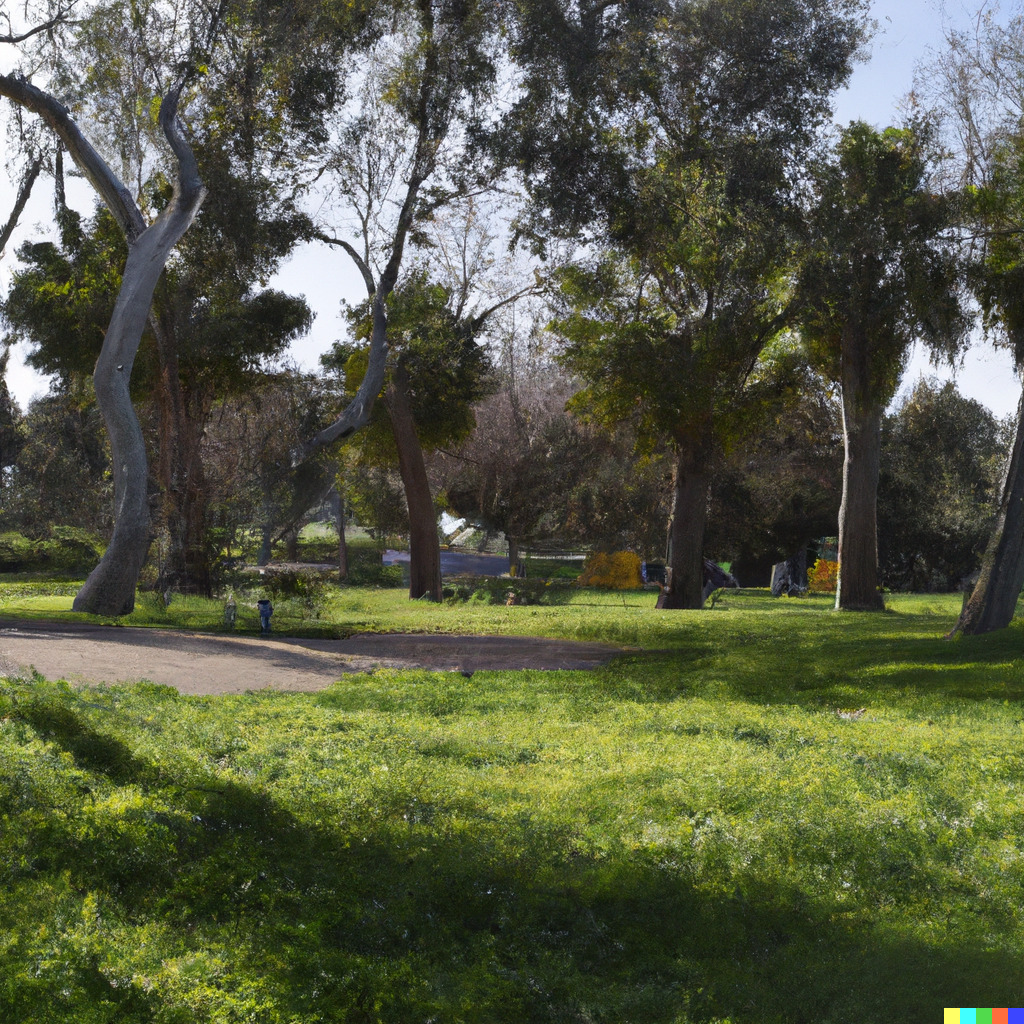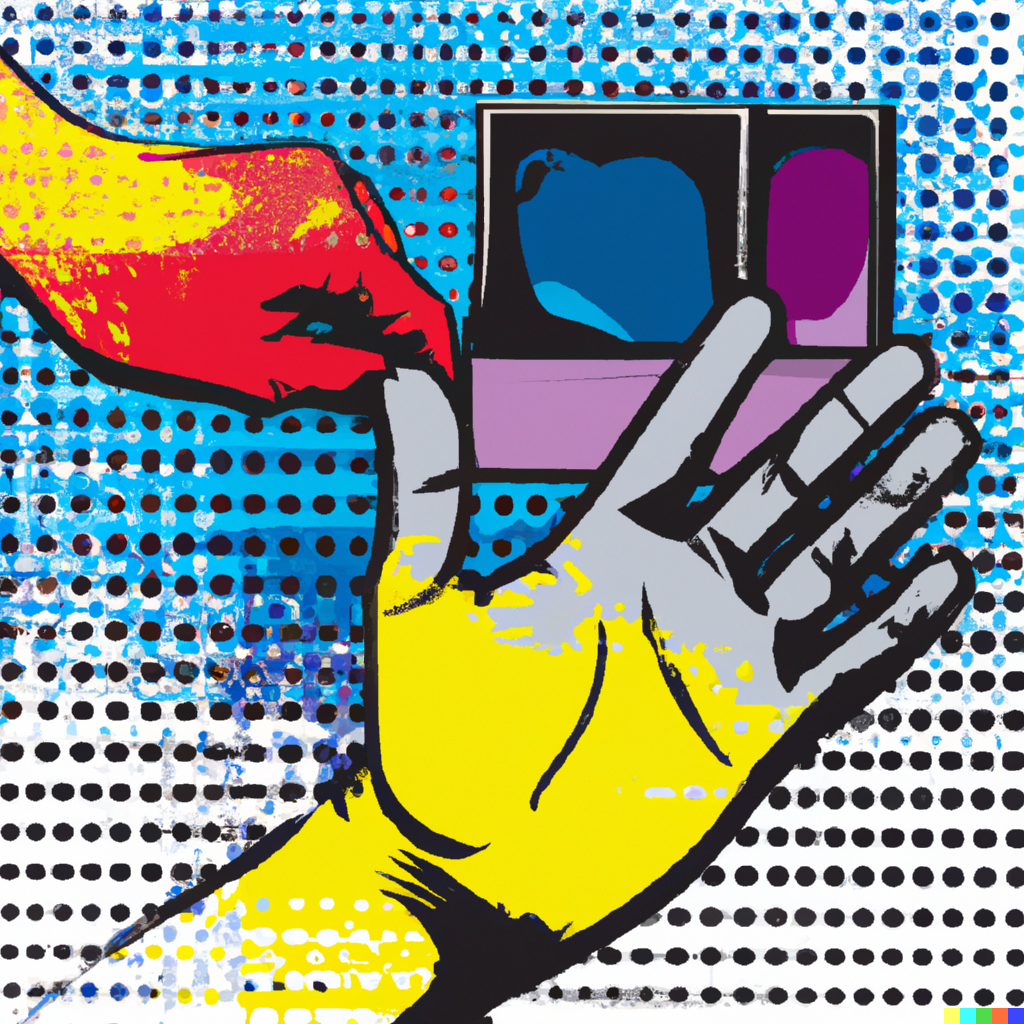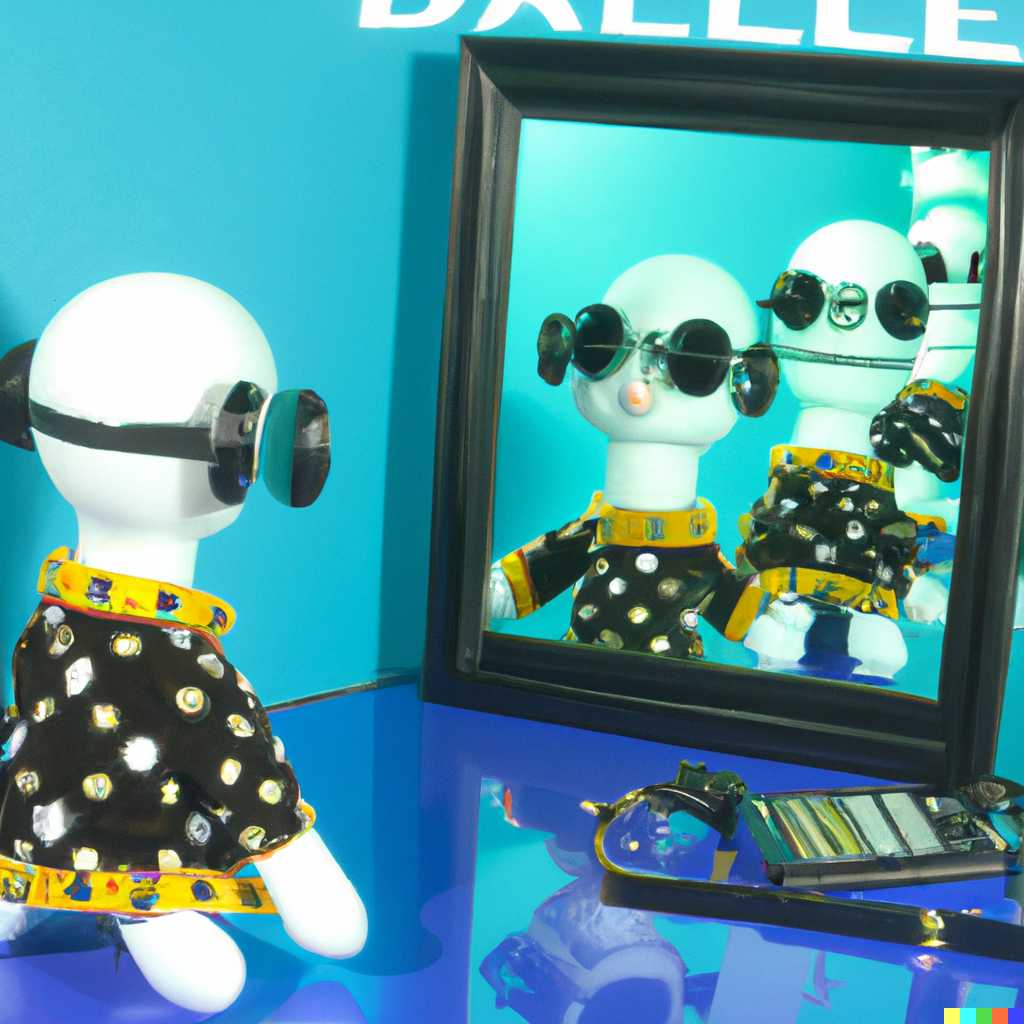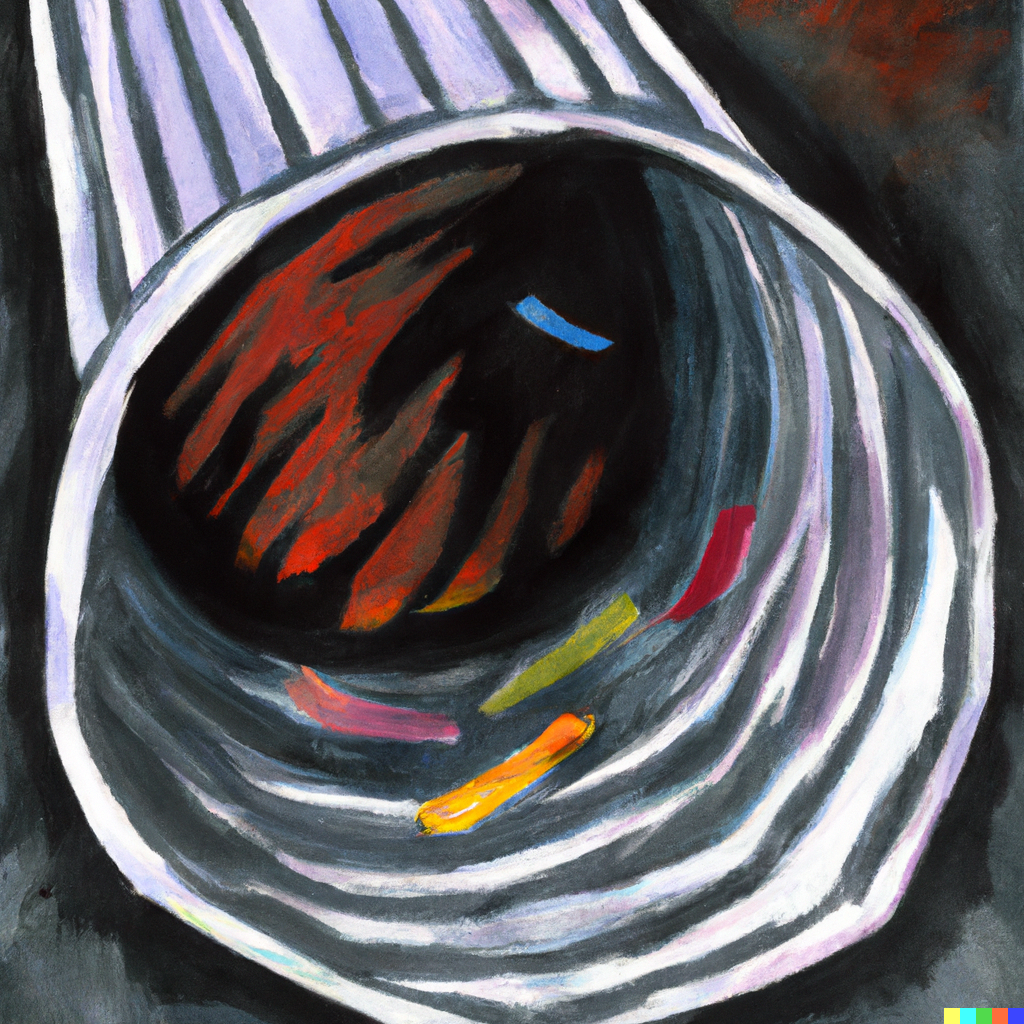A major source of suffering is caused by the chasm between what is and what is preferred. There are at least three ways of alleviating this suffering: In this post, I’ll expand on the concept of what is preferred, attempt to differentiate bullshit from Futurescapes, and argue that Futurescapes are a powerful reframing tool. What is preferred I’ll focus on the suffering that exists because of preferences about the future that are unrealized today. The future is malleable. Liubertė and Dimov [1] wrote a gem of a paper in 2021. They were curious about how Elizabeth Holmes used language to create a portrait of the future. Rindova and Martins (2022) [2] made a valuable contribution about how these portraits, Futurescapes,[…]
Ultimately, how you choose to lead your startup in the post-2022 Tight Money Era depends on what lessons you’re taking away from the 2018-2022 Loose Money Era, and where you’re at on your own leadership journey. In this post, I’ll describe where my stance is at the end of 2022 with respect to a systemized study of new venturing knowledge. How We Got Here: The Loose Money Era Money was cheap between 2018 and 2022 [1]. Stupidly cheap. You know how I know money was cheap? Check the links: Intensely. Stupidly. Insanely. Idiotic. Terribly. Sweatily. Moronicly. Cheap. Cheap money enables radical conservation of thought. (I’m picking on scooters because it’s physically obvious, but there’s plenty of incredibly silly things going[…]
You may have noticed a lot of sharing of Open AI’s Generative Pre-trained Transformer 3 (GPT-3) and ChatGPT screenshots. The most popular tend to be funny. I asked ChatGPT to describe in a style that Stephen King would write, a scene describing somebody struggling to decide which brand of toilet paper to buy. The result is fun. Here’s one about writing a script in Seinfeld style: In the sense that you can recognize the blend of styles. Elements of relevance and divergence are provided by the prompts. The evaluation, on the part of this author, is entirely subjective. And in some ways, carbon dated. Years from now, the bubble sort will be around. Probably. The knowledge of what a typical[…]
You only have so much attention. When you consume media, roughly 27% to 30% of your attention can be directly monetized, and there’s perhaps a tolerance for another 15% that can be wrung out with product placement. As a result, Time Spent is an attractive metric for those who create and monetize attention. For example, if you can attract 1,000,000 hours of attention, then you can monetize 300,000 to 450,000 hours of it. In theory, the amount you can charge for your attention depends on the value advertisers place on the audiences’ attention. And that depends on who they think you are, how susceptible you are, how much you spend in the relevant category, how causal the purchase decision is[…]
Why is it easier for an individual to identify a valuable problem and solve it in a startup than it is in a business? Will be the same in most Decentralized Autonomous Organizations (DAO)? In this post, I’ll argue that information is a key enabler that makes it all the easier for an individual to identify and solve valuable problems. If we’re in the age of information, then why does information seem so scarce? The reasons for information scarcity are many and emergent, including status-quo preservation and self-identity protection. To understand the resistance to solving a valuable problem, it’s useful to think of Lock-In [1] and to mark the distinctions between startups, businesses and DAO’s. A startup is not a[…]
“We reject kings, presidents and voting. We believe in rough consensus and running code” –David D Clarke I thank Sunny Aggarwal for putting quote above on his presentation at Cosmoverse on September 27, 2022. This post is about that quote and a few primitive thoughts linking learning, organization design, and perspective coordination. Kings, presidents and voting Kings, presidents, and voting can be placed on an axis. A king is centralized authority with relatively little consent. A president is centralized authority with consent. Voting is distributed authority with consent. In each step, the relative power of the hierarchy to impose arbitrary decisions upon a network is checked by some reactive network mechanism. It is still common in some parts of the[…]
A quality attribute, in systems engineering, is a non-functional requirement. You can think of it as an adjective that describe a system. Consider information virtual goods and the different kinds of deals we’re presented with [1]. One major design pattern is that a group of people gather information, concentrate it into a single artifact, and distribute it. You pay attention to that artifact. In exchange, a portion of your attention is sold to yet another group of people who are willing to pay for that attention. Those artifacts in the 20th century included: the newspaper, the magazine, the radio broadcast, the news reel, the 30 minute, 60 minute, and 24 hour linear television newscast format. Towards the end of the[…]
If a quality attribute is an adjective describing something, and an organization is a set of people segmented by purpose, then what kind of quality attributes could be used to describe an organization? A good place to begin is with a segmentation of purposes. What is the purpose of the organization? I am bathed in neoliberalism. You might even say that I have been marinated in it. Pickled. The first segmentation that comes to mind each contain the term profit. There are for-profit organizations, non-profits, and not-for-profits. Profit-as-a-Purpose predisposes an organization whole range of quality attributes. Non-profits and not-for-profits are predisposed to another set of quality attributes. Profit motive offers one cleavage for segmentation. It’s obvious because it’s the neoliberal thing to[…]
If a quality attribute is an adjective describing something, and a virtual good is something that does not occupy a physical space, then what kind of quality attributes could be used to describe a virtual good? The most common physical goods (I.e. found in the real world; found in meatspace) that most humans come into daily contact with are clothing and water. Many come into contact with the floor of their shelter and experience walls and a roof. Not enough humans come into contact with enough protein, carbohydrates, and fats. Physical goods are physical, and we experience them all the time. Many humans don’t ever encounter any virtual goods. Virtual goods aren’t physical. These words, the ones you are reading[…]
It’s quite astonishing to think about just how much human knowledge exists, and just how diffuse its distribution is. It’s hard for any individual to tell. There are clues though. Knowledge is a major way that people create distinctions among one another, so it stands to reason that you can get a sense for how knowledge is distributed by looking at the distinctions people make amongst themselves. The knowledge of French and the knowledge of English creates a distinction between two rather large groups. The knowledge and application of ancient stories is another. The knowledge of how to shape a piece of wood, or stone, or glass used to be a pretty huge distinction. There are entire identities put in[…]










